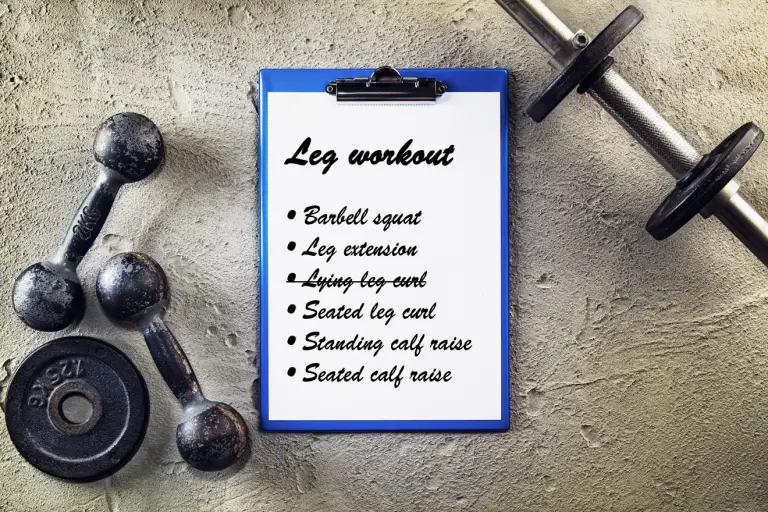A beginner’s guide to understanding medical weight loss
Weight loss is a goal for billions of people worldwide, primarily for health reasons. According to the World Health Organization, over 40% of all adults are overweight, and another 16% are obese. This is troubling because chronically carrying excess weight is linked to several serious conditions, including heart disease, diabetes, certain cancers, and a general dip in the quality of life.
That said, losing weight is often easier said than done because it’s tied to elements outside of just diet and exercise. For obese individuals especially, their weight is largely tied to hard-to-control factors such as genetics, medications, and their community. This is where medical weight loss interventions come in. Popularly known in the mainstream due to its links to high-profile individuals who have undergone it, medical weight loss is a proven effective method against stubborn obesity. That said, given all its virality, there is more to these programs than the hype that surrounds them.
What is medical weight loss?
In a nutshell, medical weight loss is a doctor-led approach to shedding excess pounds. After considering a patient’s unique background, lifestyle, and goals, a weight-management-certified doctor will prescribe FDA-approved medication. These help even the biological playing field that may impair a person’s ability to lose weight through traditional means. Apart from prescribing drugs, doctors in this program also tailor nutritional plans that can suit a person’s needs and preferences. For the best and safest results, doctors require patients to regularly visit for check-ins, during which time adjustments may be made to the current program. In many cases, doctors will also work with other relevant professionals, including dieticians and fitness trainers, to create a well-rounded approach.
However, patients will still be asked to adopt other healthy weight loss habits. These include more typical slim-down and fitness solutions, such as eating healthier food, moving more, and reducing stress. Depending on a person’s circumstances, these can be made more specific. For instance, somebody who is new to exercising may be asked to start with something low-impact, such as yoga. Alternatively, if somebody finds it hard to make time for a workout, their care team might suggest walking instead of driving or commuting. By adopting such habits, weight loss can be even more significant and sustainable.
What medications are used in medical weight loss?
Apart from the regular check-ins with doctors, medical weight loss’s most notable feature is its use of the aforementioned FDA-regulated drugs. Today, the most well-known class of these drugs is GLP-1 for weight loss. Since the early 2000s, GLP-1s have been used to treat diabetes since they boost the body’s insulin in order to keep blood sugar levels normal. More recently, though, doctors have found that these drugs also activate receptors in the brain to curb cravings, and in the gut to slow stomach emptying. Consequently, patients are less likely to feel hungry, which more easily leads to a caloric deficit. Studies have found that these can cause up to 15% of total body weight loss. Some of the most popular GLP-1s today include Ozempic, Mounjaro, and Victoza.
That said, GLP-1s are more often given to patients off-label. This means that, while they’ve been approved for use for patients under a doctor’s supervision, they’re being used outside of their originally intended purpose. On the flip side, there are also older drugs that are really designed to target obesity. For example, some doctors may suggest their patients use orlistat for weight loss. Also known by brand names such as Xenical and Alli, these drugs block some of the fat from food so that it’s not absorbed into the body. Although effective, these don’t result in as much weight loss because they only target fat absorption.
Who is eligible for this intervention?
Although it may seem widely appealing, medical weight loss is not for everyone. To qualify, you must have a body-mass index (BMI) over 30 or close to it with comorbidities, and a doctor must sign off on this. Observing these standards is important so that the drugs only go to those who really need them. At the same time, this ensures that patients or interested parties have exhausted other methods before turning to medications. Patients on medical weight loss are also typically between the ages of 18 and 65, given that anyone younger and older may have certain sensitivities.
In closing, medical weight loss is a useful new tool for achieving a more ideal body weight. However, it’s not a hack that will do all the work for you. For patients who qualify, healthy lifestyle habits must still be implemented for long-lasting results.







